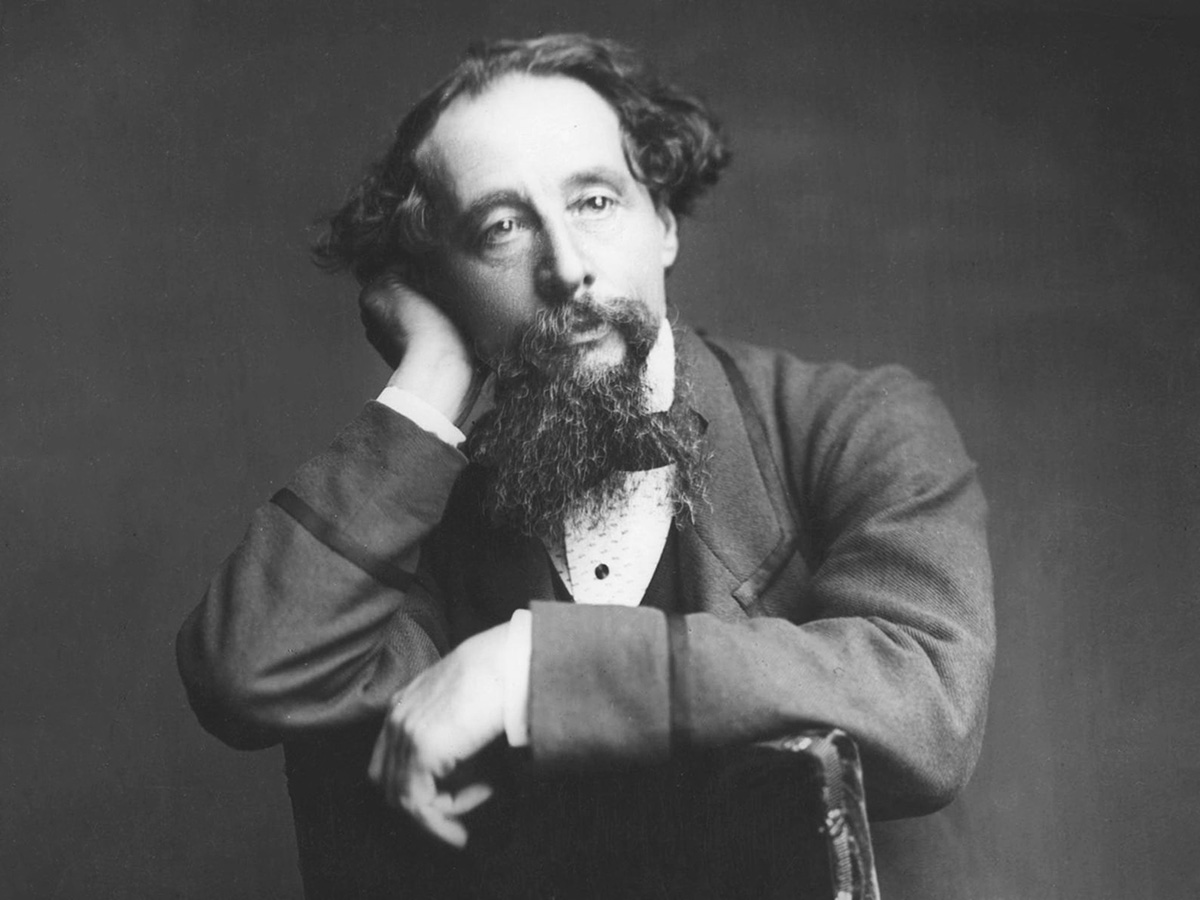Tuesday I got the very good news from my editor, Kate, that my manuscript is finally finished — “nailed,” in her word. For those of you who have been following the stuttering process of bringing this book to completion, you will recall that I have reached the finish line several times before, only to have the manuscript returned to me for more changes. For the last month or so, I have been making a last round of corrections. The ending was particularly troublesome. I completely rewrote it several times, not to change the story but to fine-tune the storytelling. This time it really is done.
There remains just one nut to crack: the book still does not have a title. In my desperation, a couple weeks ago I took a very unscientific poll of my friends and family to pick among the likeliest candidates. The winner in a landslide was “Line of Descent,” a title my editor has already judged insufficiently attention-grabbing. At this point I admit I have lost interest in the whole subject. My publishers can call the damn thing whatever they want. I’m sick of thinking about it. In my own mind I have already moved on to the next project.
So what is the next project? That is not entirely clear to me yet. Here is what I do know.
I want to write about the Combat Zone, Boston’s notorious old red-light district, in the bicentennial year of 1976, an epochal moment in Boston. I have wanted to set a story there for a long time. I have written about the Zone before. A few years ago, I even tried to sell Kate on a novel set there. She did not buy it, and I wound up scavenging the proposed novel for the bones of a story that ultimately became my just-completed novel. (Lord, it would be easier to talk about that book if it had a name.)
Why the Combat Zone? There are a few signature Boston crime stories: the Strangler, the Combat Zone, the rise and fall of Whitey Bulger, the pedophile priests scandal. To me, it always seemed like bullshit that local writers kept churning out generic hard-boiled detective stories that had nothing to do with the real Boston when these true, epic stories were hanging there, ripe for the taking. Imagine the audacity of the Combat Zone experiment: in order to contain an intractable, spreading trade in prostitution and adult entertainment, Boston created a lawless zone — a sort of mini Tombstone or Dodge City — right in the heart of downtown. What writer could resist that?


